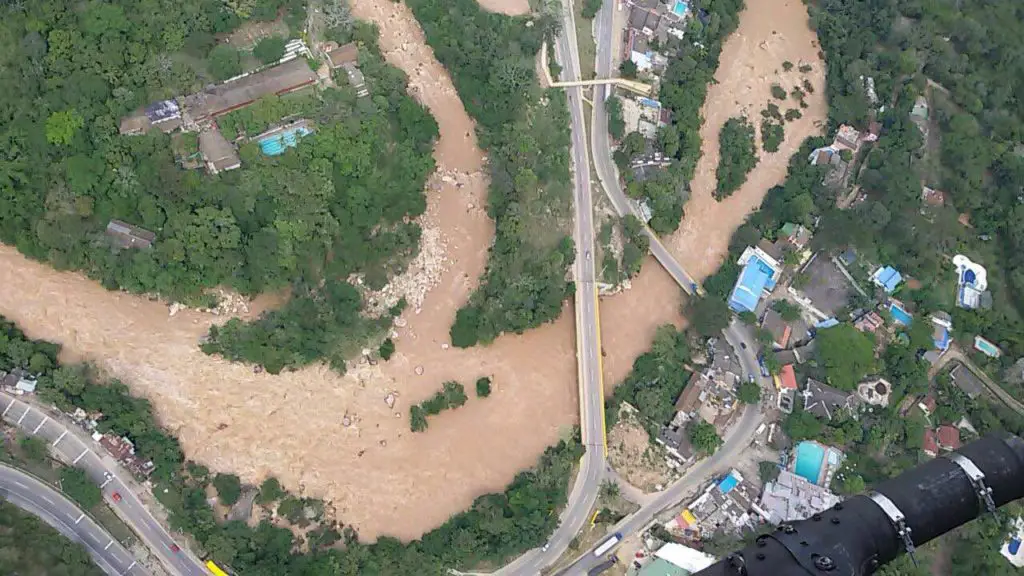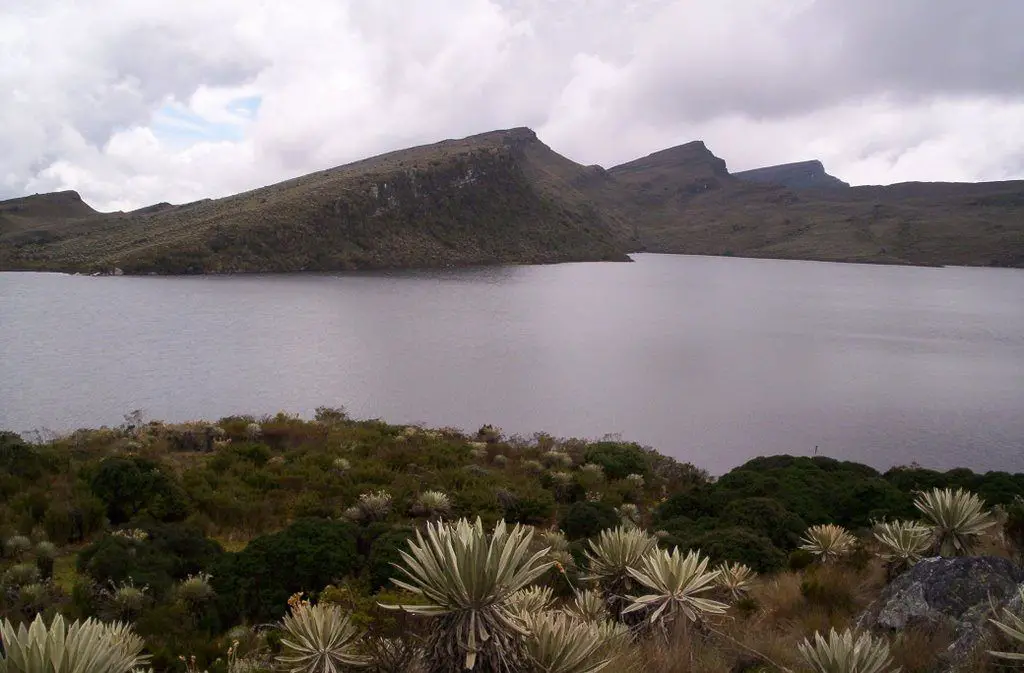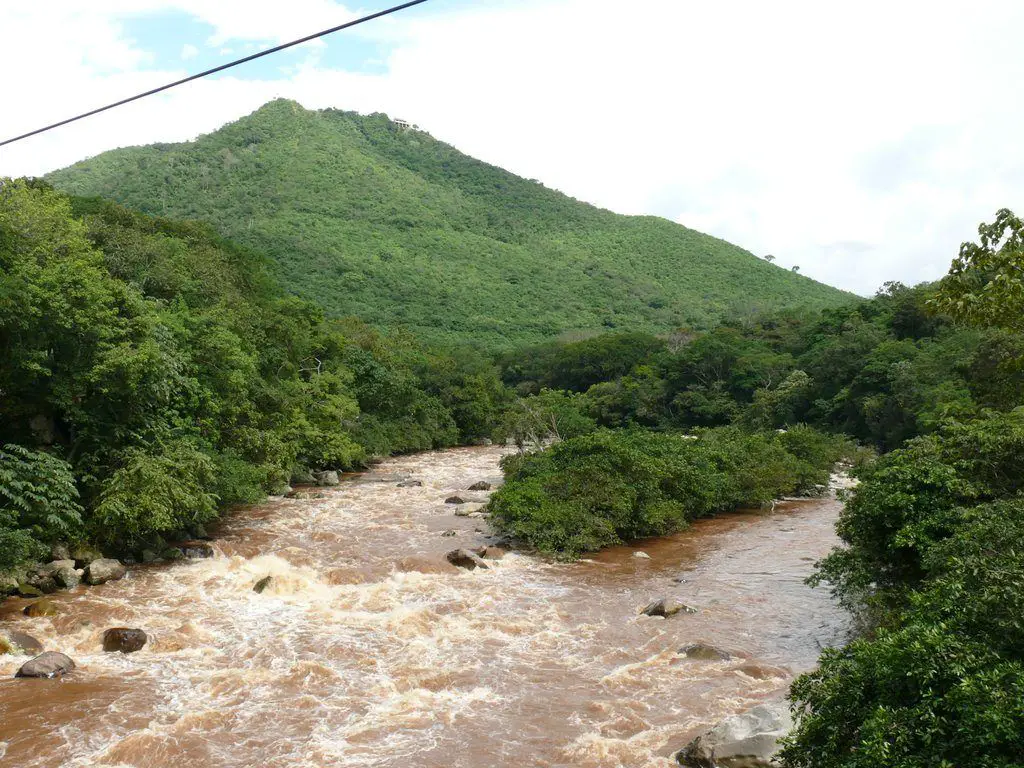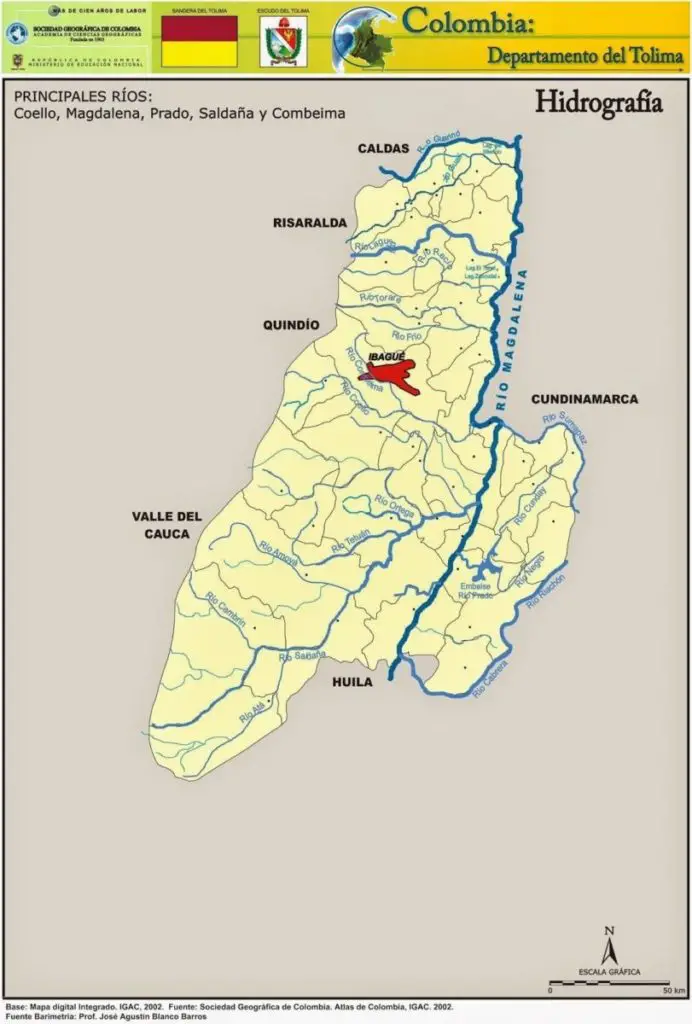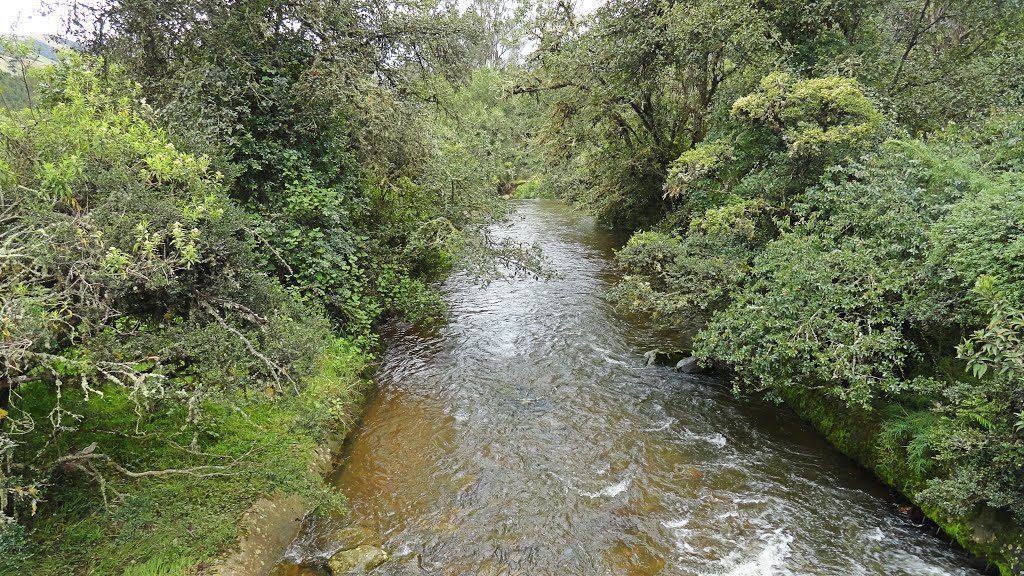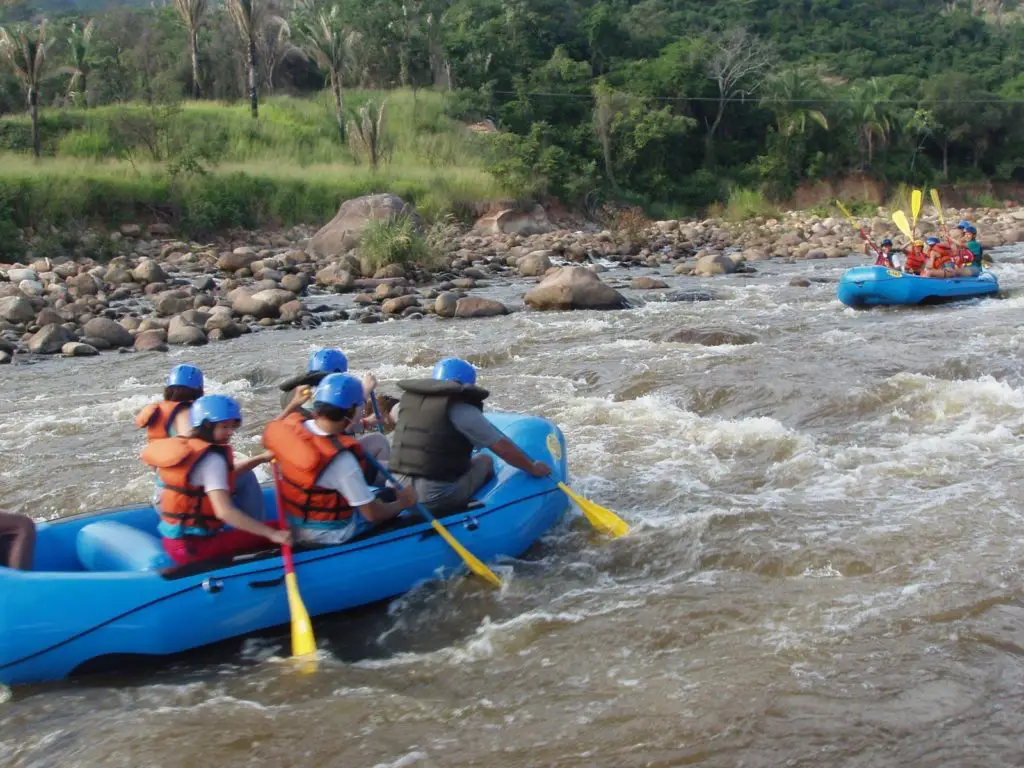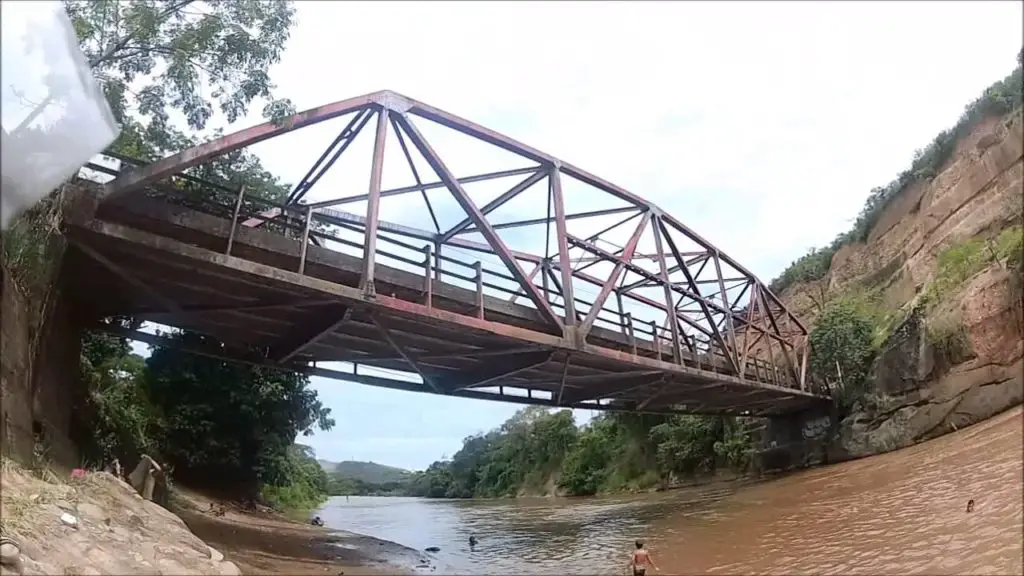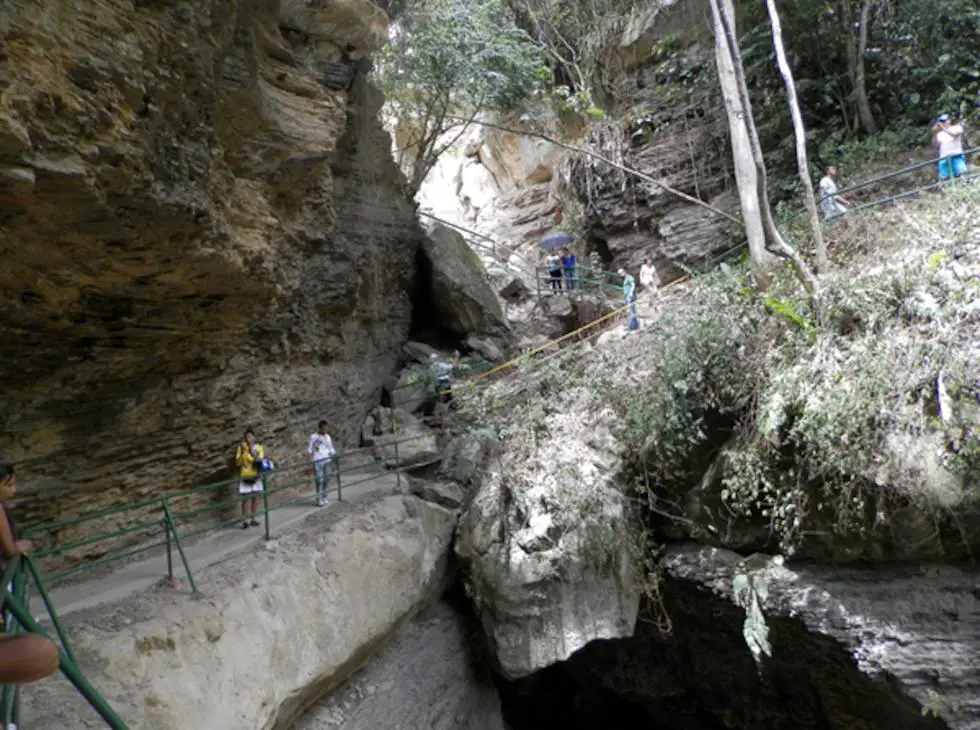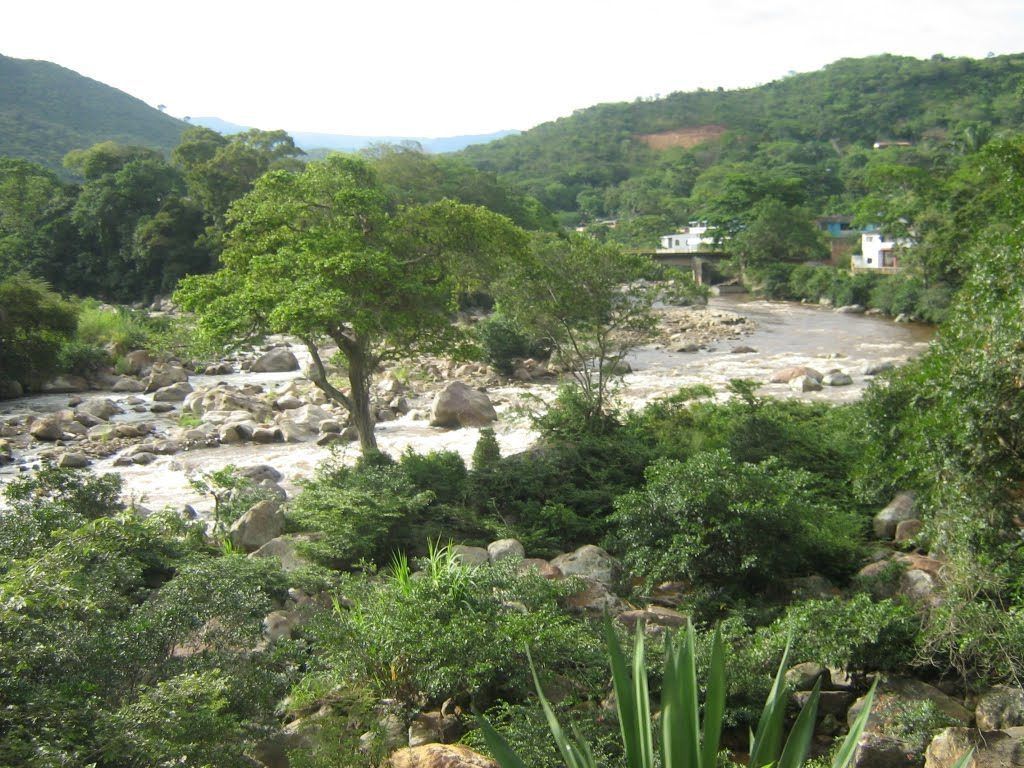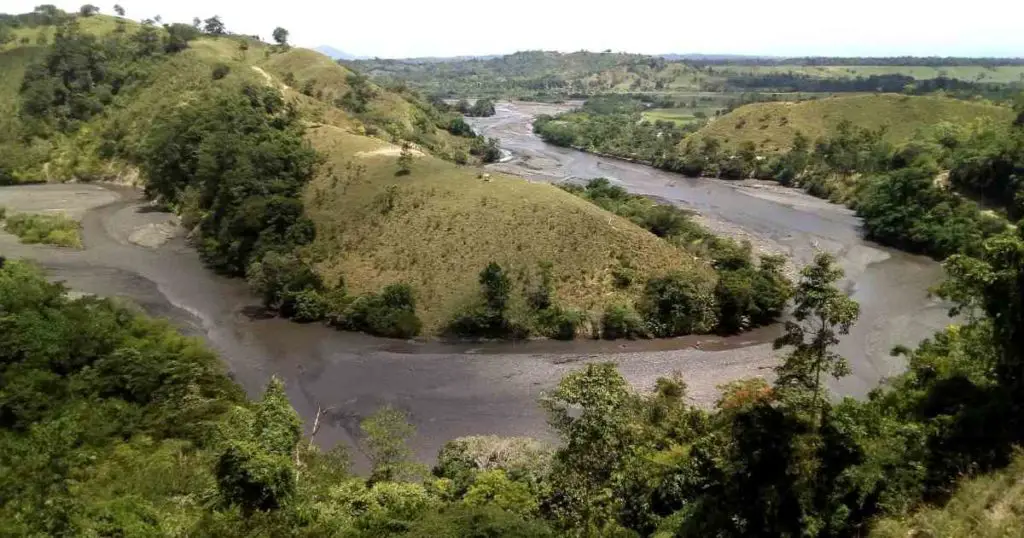It has its source in the Páramo, considered to be the largest in the world. So the Sumapaz River is named after the Páramo de Sumapaz, in Colombia, where it originates. Let’s find out more.
Indice De Contenido
Location of the Sumapaz River
The Sumapaz River has its source in the Páramo called Sumapaz. Hence its name.
It is located in the Colombian department of Cundinamarca.
It is worth mentioning that this Páramo de Sumapaz is considered to be the largest in the world. It is located in the rural area of Bogotá (see Meta River).
Its mission is to be one of the most important tributaries of the Magdalena River, where it has its mouth. (See Medellín River).
Dimensions of the Sumapaz River
The length of the Sumapaz River is 95 km, with its source in the Sumapaz Paramo, at an altitude of approximately 4710 metres above sea level. It ends at its mouth at about 289 metres above sea level.
It belongs to the hydrographic basin of the River Magdalena. It flows through the departments of Cundinamarca and Tolima (see Ariari River).
Tributaries of the river Sumapaz
In its course, the Sumapaz River receives the waters of the following rivers as tributaries:
- Pilar
- San Juan
- Cuja
- Panches
Map of Sumapaz
Route of the river Sumapaz
Since it begins its journey in the Páramo de Sumapaz, the River Sumapaz flows through the following municipalities
- Cabrera
- Venecia
- Pandi
- Icononzo
- Nilo
- Melgar and
- Ricaurte
In the last five municipalities, the river forms a natural border between the departments of Cundinamarca and Tolima (see Guaviare River).
Tourist activities on the river Sumapaz
In the municipalities of Pandi, Melgar and Ricaurte, located in the lower part of the Sumapaz River. Some rest areas have been created.
These are usually visited by people from Bogotá. Because they offer hotels and a tourist area.
This has become an attraction for those seeking moments of relaxation and solace at the edge of the waters of Sumapaz.
One of the activities that has begun to take off as an adventure sport is the practice of rafting in the Sumapaz riverbed.
Another natural attraction is the Bridge of Icononzo, a natural formation.
Its geological formation is considered very beautiful and complex.
In the past it was even visited by the famous naturalist Alexander von Humboldt.
Its importance is such that it was once considered one of the hundred natural wonders of the world.
Pollution of the Sumapaz River
There are many things that need to change if we are not to run out of the natural resources that sustain our lives.
It is up to us to take responsibility for our existence and for the environment we leave to future generations.
And that is how the destruction of biodiversity begins. Of the environment around us and of life itself.
It is not justifiable to do away with everything that gives us life. Certainly, we must seek the most appropriate mechanisms for human survival together with the survival of the environment.
Because it is certain that if we continue to destroy the environment, we will be the ones who disappear in the end.
MINING AND THE AGONY OF THE SUMAPAZ RIVER IN MELGAR TOLIMA
Activities to dredge and divert the waters of the Sumapaz River continue.
The diversion of the waters of the Sumapaz River by mining companies, legally authorised by government authorities.
This has led to the death of the fish that live in these waters. There is not much to say, but much to think about.
Extinction of the Suamapaz River
Flooding of the Sumapaz
And like all rivers, when the rainy season arrives, they become pregnant and fill their beds with an immense amount of water.
Sometimes their floods are truly catastrophic for those who live near them. But these are their lands.
And from time to time they remind us.
Flooding of the Sumapaz river. For 2011
Curiosities
This is how to enjoy nature. Some very risky. Others from the shore. But in the end, all feel the grace of this wonderful contact with nature.
That which fills the soul with the splendour of all that surrounds us.
Melgar jumping from the bridge over the Sumapaz River
Development of hydropower
Years ago, it was decided to build about eight such power stations to harness the power of the riverbed and the force of its movement. In this way, this power could be reused and converted into energy. Despite this revolutionary idea, the local population opposed the proposal. The modifications to the plants would alter the river and endanger its aquatic fauna.

